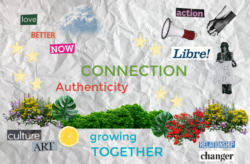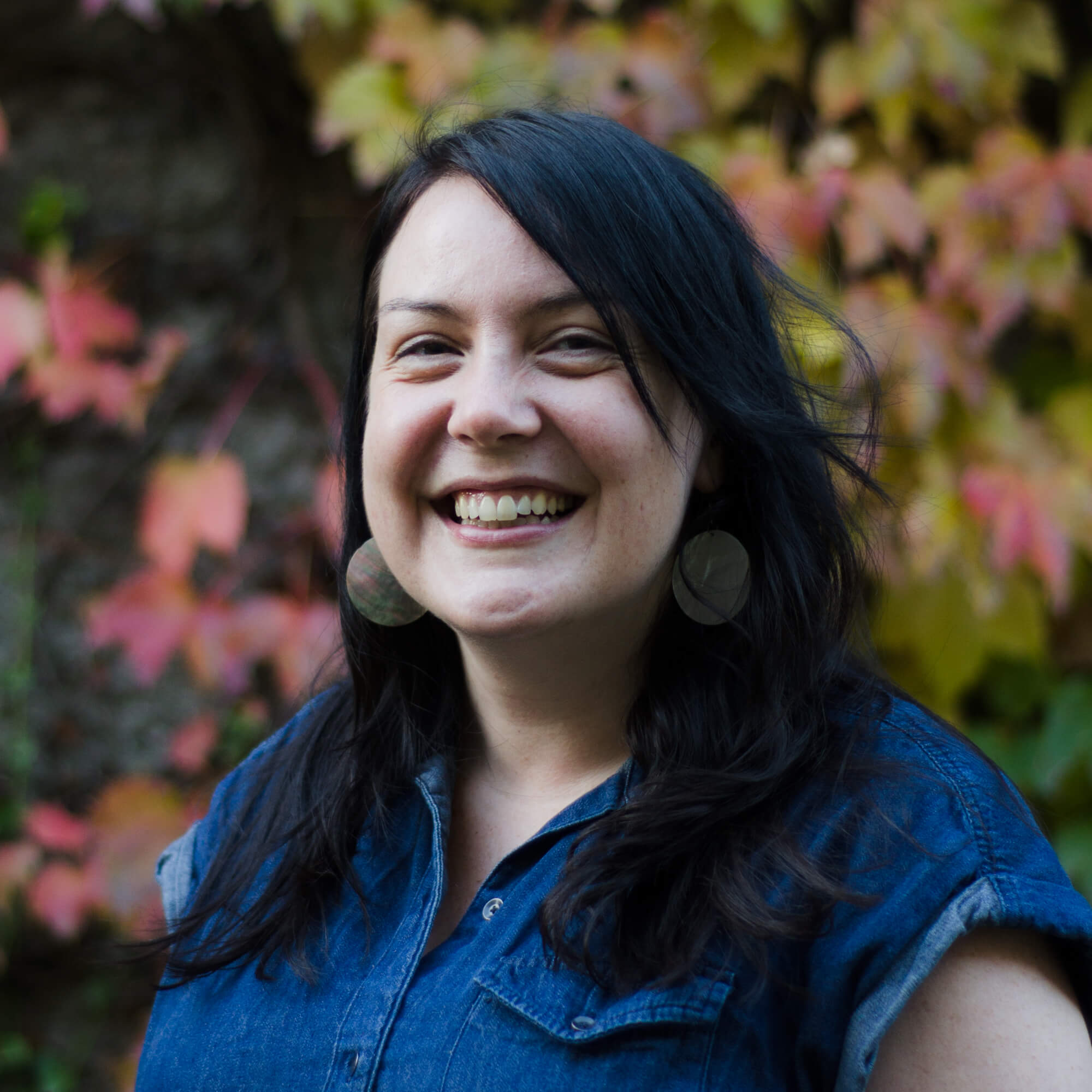Building Youth Futures: ‘Nothing About Us Without Us!’
What do you think of when you imagine ‘community’? Maybe your friends and family, the neighbourhood where you live, the people with whom you identify and collaborate? And how would you give voice to your community? What are the stories you would want to tell?
These are just a few of the questions that were explored during Tamarack Institute’s Annual Gathering for members, supporters, and friends of Communities Building Youth Futures. This two-day event was hosted on November 9th and 10th in Montreal / Tiohti:áke, as it is known in the Kanien’kéha (Mohawk) language.
Communities Building Youth Futures is a movement committed to improving outcomes for youth who face educational and employment barriers, engaging in collaborative and community-championed solutions with youth leadership and engagement. The project is a five-year collective impact strategy through a partnership between Tamarack Institute and Employment & Social Development Canada’s Learning Branch.
Collective impact could be understood as another way to imagine ‘community’: people coming together in a structured way to achieve social change.
YouthREX is a member of this project’s National Collaborative – a network for accessing evidence-informed practices, leveraging resources and capacity, and identifying opportunities for positive systemic change – and we have also supported the work of individual communities in the design, development, and evaluation of their work.
The Annual Gathering featured an opening discussion with storytellers and community leaders to explore how we define and give voice to ‘community’ in our work with youth. Facilitated by artist and organizer Taina Mueth, the panel featured Templeton Sawyer (TEAM Work Cooperative), Abdenour Douraid (Montreal Youth Council), and Christina Moore (Tree of Peace Friendship Centre).
Their discussion mirrored many of YouthREX’s principles of meaningful and authentic youth engagement, including the importance of centering youth in our understandings of ‘community’, and of connecting youth to peers, adult allies, and elders. The value of intergenerational networks was emphasized, recognizing that youth are the experts of their own lives and that they have just as much to share as to learn.

Caption: At the end of the opening plenary, Taina asked attendees to create a collage that illustrated their personal definition of community, and this was mine.
Creating safe and inclusive spaces for youth was also discussed, and panelists cited creating opportunities to gather regularly, being fully present, and really listening to youth as being central to these efforts. They emphasized that listening is not just about hearing, but about really understanding and empathizing with the stories that youth share and then working together to create change.
Being embedded in a community can also strengthen individual and collective identity for young people, improving relationships, collaboration, and trust with others.
Christina reminded us of the four key questions that Justice Murray Sinclair has shared are important for us to consider as we’re growing up, which can also help us as we enter into any community:
- Where do I come from?
- Where am I going?
- Why am I here?
- Who am I?
Authentic connections are not transactional in nature – they are reciprocal and acknowledge each person’s humanity and individual agency.
These ideas were echoed by participants at an afternoon workshop during the Annual Gathering on storytelling, in which we discussed the importance of giving voice in ways that are collaborative and empowering, rather than extractive or exploitative. Although effective storytelling always begins with what is personal, adult allies must be mindful of consent and authorship: Whose stories are being told, who is telling these stories, who owns these stories, and why?
We repeated the expression “Nothing about us without us!” as a reminder that our work with young people must always center their stories and experiences, and our efforts to build community must be based on respectful relationships that authentically give voice to youth.


